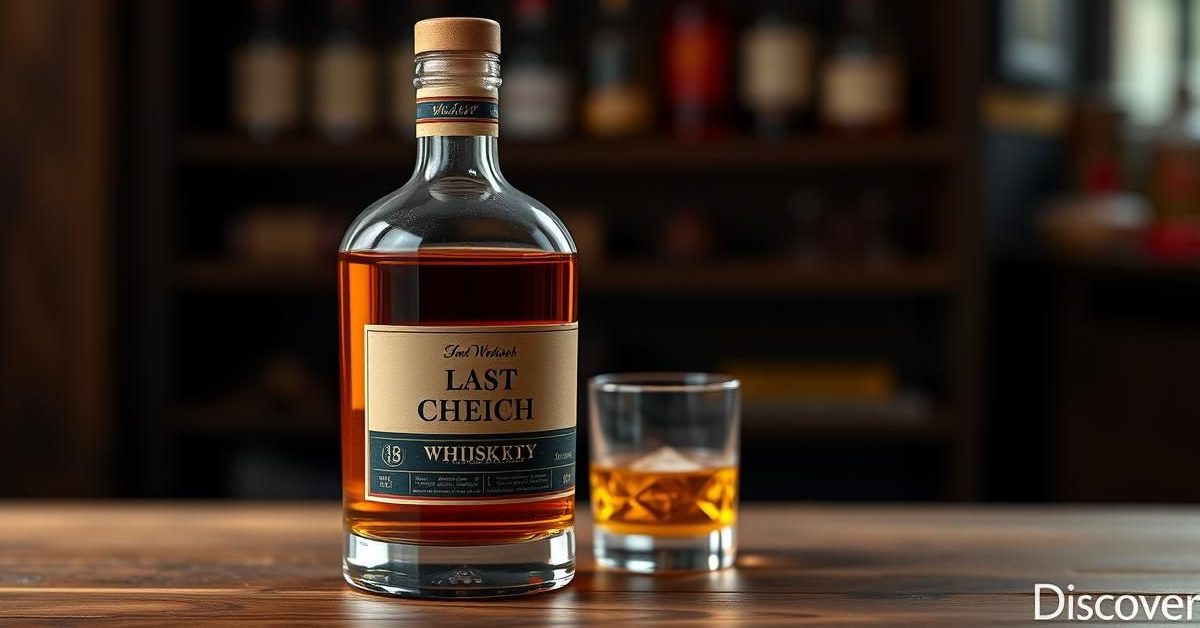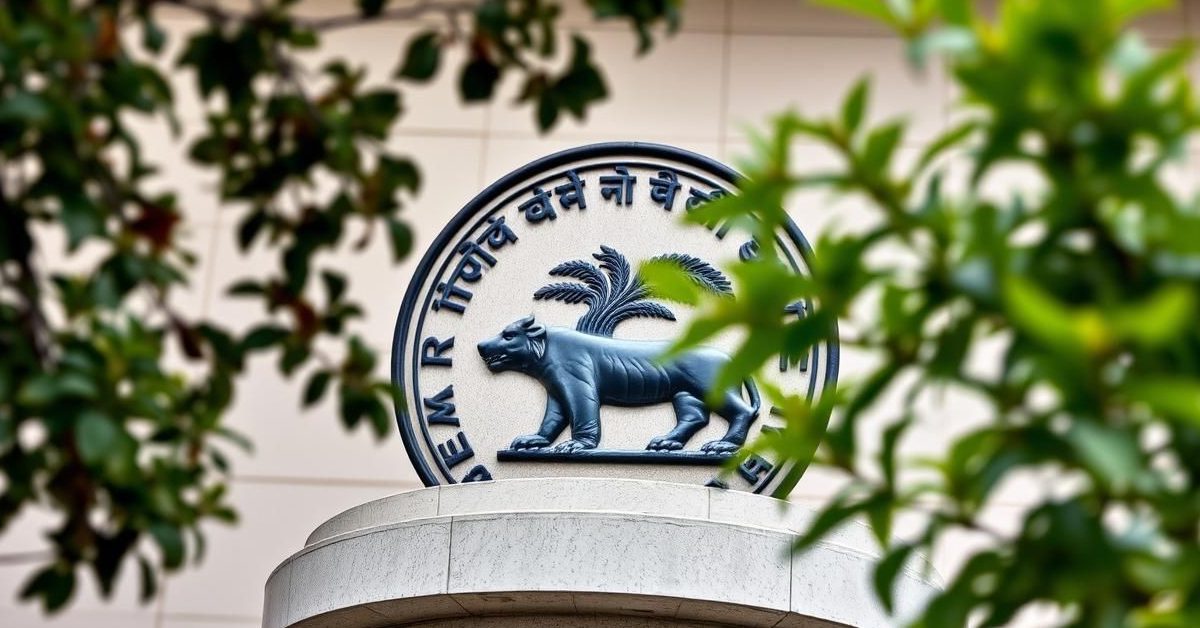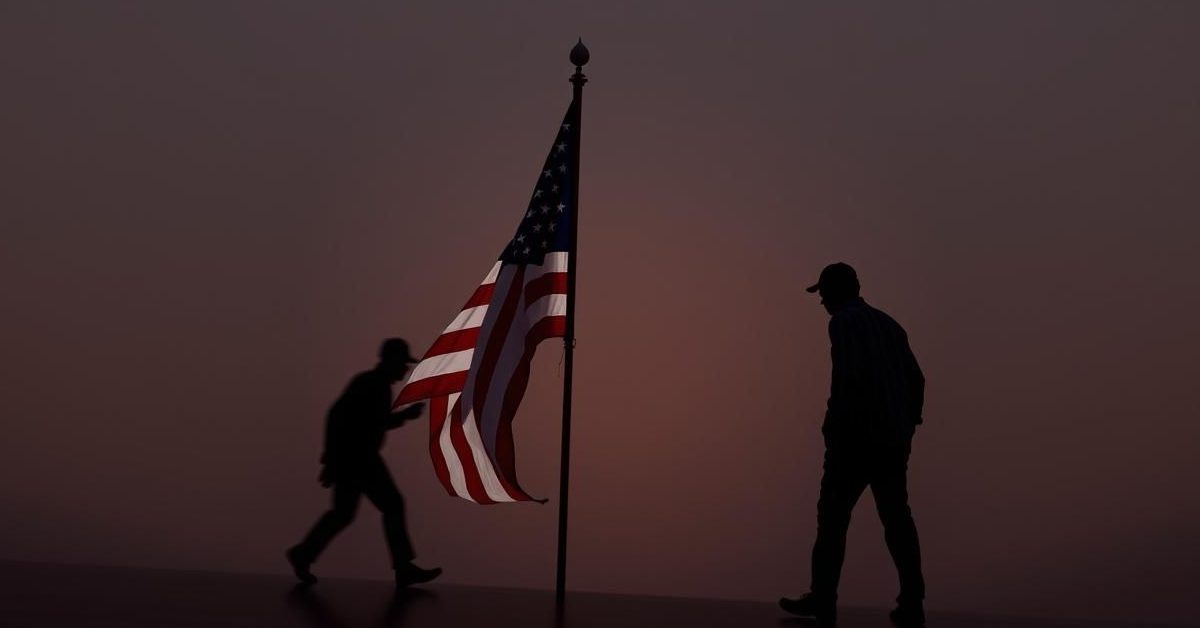While a new trade deal between India and the UK will halve tariffs on scotch imports, consumers should only expect a modest dip in prices, primarily due to significant state-level taxes.
Scotch Prices: Don’t Expect a Huge Drop
Good news for scotch lovers is on the horizon, but don’t clear too much space in your liquor cabinet just yet. Under the new India-UK trade agreement, tariffs on UK imports, including whisky, have been cut in half.
However, industry experts caution that this reduction, while significant for importers, won’t translate to dramatically cheaper scotch at your local store. The reason? State-level taxes make up the bulk of the final price, far outweighing the impact of customs duties.
Why the Price Dip Will Be Minimal
Customs duty typically accounts for only about 20% of a scotch bottle’s maximum retail price (MRP). The lion’s share of taxes comes from individual states, which set their own excise duties and other levies.
With customs duty halved from 150% to 75% immediately (and set to gradually drop to 40% over ten years), consumer prices are only projected to fall by around 8-10%. For a popular brand like Black Label, currently retailing for around Rs 3,500 in Delhi, this might mean a reduction of just Rs 200-300.
New Brands and Market Dynamics
The tariff reduction could pave the way for a fresh wave of scotch brands to enter the Indian market. These new entrants might offer aggressive pricing, potentially becoming competitive with existing premium Indian whiskies.
Experts suggest the trade deal’s primary impact will be on product availability and a drive towards premiumization in the market, rather than a sudden surge in demand driven by significantly lower prices. It’s more about expanding choices than slashing costs across the board.
A Win for Distillers and Blenders
While consumers might not see massive savings, the deal is a definite boon for both British distillers and Indian producers who blend imported scotch with local whisky. The reduced customs duty directly improves their profit margins.
Indian whisky makers like Blenders Pride and McDowell’s No. 1, who often use imported scotch in their blends, will see their production costs go down. This saving on raw materials will directly boost their bottom lines.
Shifting Sands for Bottling in India
The duty cut might also lead to a gradual shift from “bottled-in-India” (BII) scotch to more “bottled-in-origin” (BIO) imports. Currently, many brands import scotch in bulk and bottle it locally to save on packaging and other duties.
However, as import duties continue to fall, it might become less commercially viable to invest in local bottling facilities. Brands like 100 Pipers, Teacher’s, Black Dog, and Black & White, which currently bottle in India, might find it more cost-effective to ship pre-bottled scotch from Scotland.
- Scotch prices in India are expected to drop by a modest 8-10% due to reduced tariffs.
- State-level taxes, not customs duties, form the bulk of scotch prices.
- The deal could bring new, competitively priced scotch brands to India.
- British distillers and Indian blenders will see improved profit margins.
- Local bottling of scotch in India might decrease over time as imported bottled-in-origin becomes more competitive.
This trade agreement is a significant step for the UK’s whisky industry, granting greater access to one of the world’s largest whisky markets by volume, fostering long-term investment and growth.














